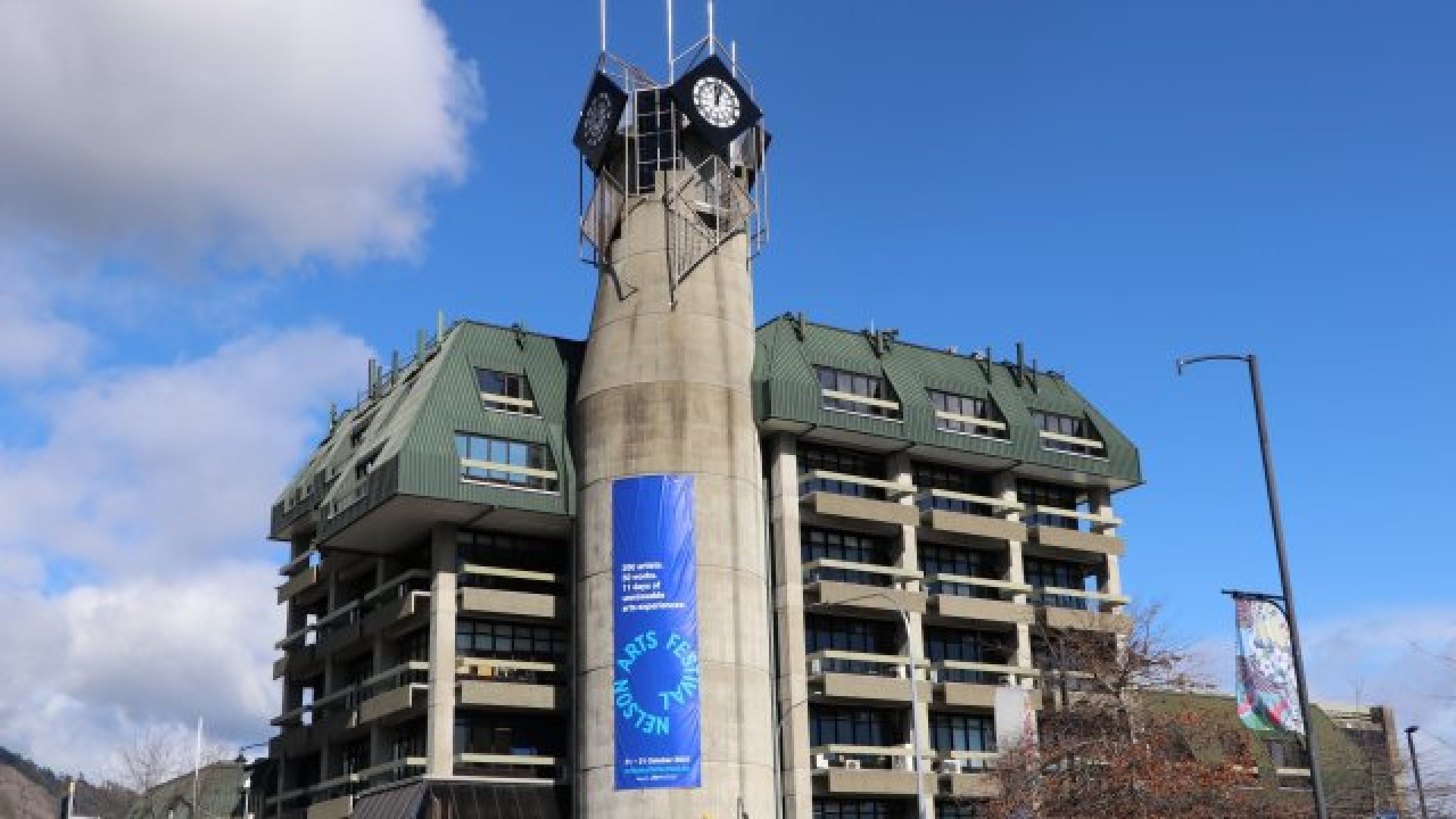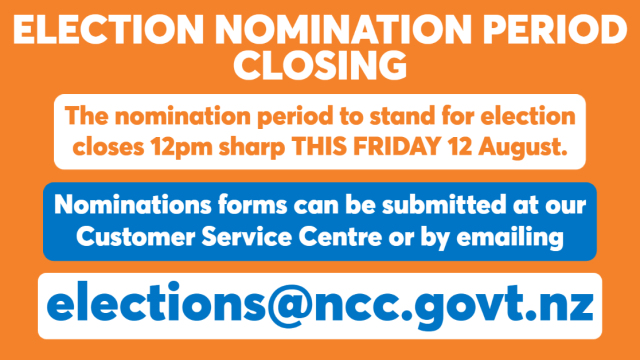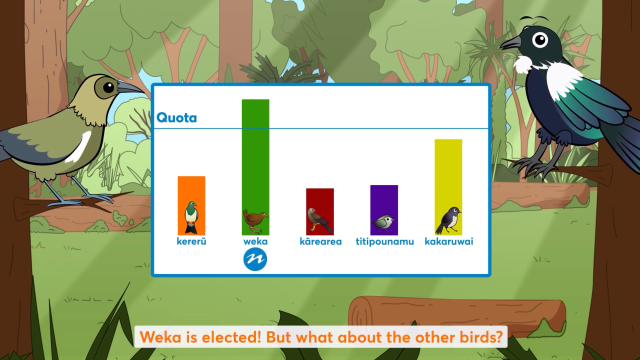Mixed voting model decided for Whakatū Nelson
22/10/2021 10:24am
Whakatū Nelson will move forward with a plan for a new, mixed voting two-ward model for the 2022 local government elections, in addition to a Māori ward.
The decision to recommend the two-ward system as the final proposal in Nelson City Council’s representation review process was passed by elected members on Tuesday, 19 October, following consideration of 21 public submissions.
Alongside the decision to move to a Single Transferable Vote system and introduce a Māori ward, the new ward model is a milestone for the city, changing the way elected members are voted in for the first time in 30 years.
The Council will comprise eight members elected from the two general wards, one member elected from the Māori Ward, three members elected at large (by the whole city), and the Mayor.
Every six years, local authorities are required to review their representation arrangements, potentially changing the number of councillors, the way they are voted for and the areas they represent.
Earlier this year, elected members resolved to establish a Māori ward for the 2022 local body elections, which meant Nelson was required to establish one or more general wards and set their boundaries and names.
The wards are broken down as follows:
Central Ward – comprises the northern, central and eastern parts of the region.
Stoke-Tāhunanui Ward – comprises the southern urban part of the region.
Whakatū Māori Ward - encompasses the full Nelson city electoral boundary for those on the Māori electoral roll.
View an interactive map of the ward boundaries.
People on the general roll will be able to vote for the Mayor and four general ward councillors in their ward, in addition to three “at large” councillors.
People on the Māori roll will be able to vote for the Mayor, one Māori ward councillor and three “at large” councillors.
Council’s decision will be publicly notified for four weeks to allow for appeals by submitters to the initial proposal.
Any appeals received will be provided to the Local Government Commission for determination. If appeals are received, a final decision on Council’s representation arrangements will be made by the Commission by April 2022.




